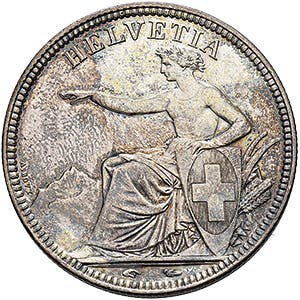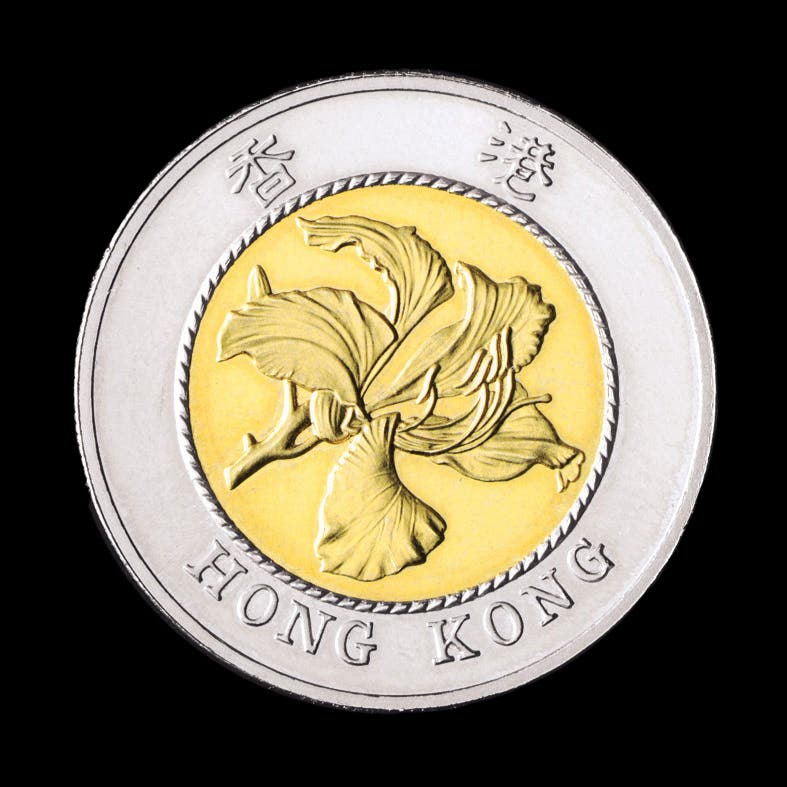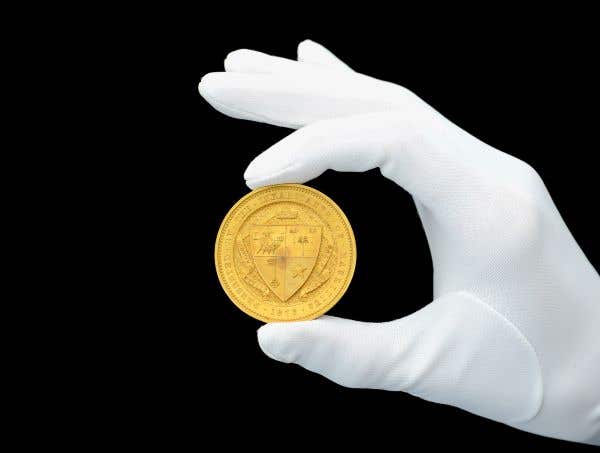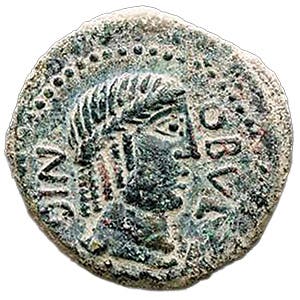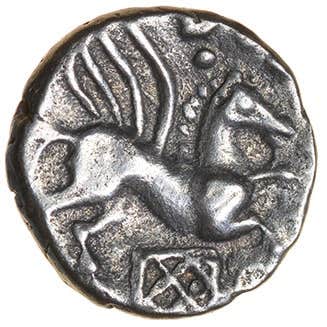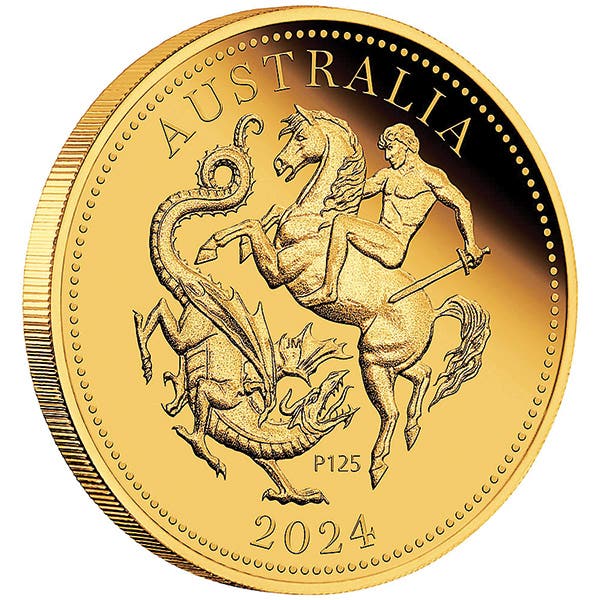Heritage New York sale brings $14.5 million
Heritage Auctions’ NYINC world coin sale has been and gone. Results totaled $14,544,583. Thirteen lots realized over $100,000 each. Top price of $264,000 was paid for the heaviest of 43…
Heritage Auctions' NYINC world coin sale has been and gone. Results totaled $14,544,583. Thirteen lots realized over $100,000 each.
Top price of $264,000 was paid for the heaviest of 43 Brazilian gold currency ingots produced at the Vila Rica foundry (Prober #1814-V-2297). The massive 217.90 g piece measures 99 x 19 mm and is dated 1814. It arrived on the block with a first-rate provenance.
Two monarchs executed 250 years apart took out second and third place: Charles I and Nicholas II. Nicholas led with a gold 10 ruble specimen of 1895 (KM-Pn143, Fr-173). Graded SP62 by the Professional Coin Grading Service, this Russian imperial rarity fetched $228,000.
For his part, Charles supplied a superb mint state Oxford triple unite of 1643 (S-2727, N-2383). In Numismatic Guaranty Corporation MS-61, the coin had no trouble being bid up to $204,000 on an estimate of $200,000-$250,000. It had last sold in September 2011 for approximately $211,000. A second example from 1642 (S-2724, N-2382) made $132,000 in NGC AU-53.
A 1915 Philadelphia-struck Cuban gold proof set that had once been part of the Eliasberg Collection went for $180,000. The six coins (KM-16 to KM-21) graded NGC PR64 Cameo to PR66 Cameo.
And then came the top-selling piece from the extraordinary Cape Coral Collection of British Crowns. Three coins from this source, all struck for George III, were among items fetching over $100,000 apiece.
That top price went to an exceptional Bank of England silver proof pattern 5 shillings and sixpence token of 1811 (KM-PnC68, ESC-194A). This is an extraordinarily beautiful piece. Despite being over 200 years old, it achieved a grade of NGC PR67+ Cameo. Struck at the Royal Mint, it had once formed part of the Boulton Family Collection. On the day it fetched a not unexpected $168,000 despite having last hammered for just $52,500 in 2008.
The two other high-priced Cape Coral George III silver crowns consisted of an 1817 “Incorrupta” proof pattern (KM-PnI77, ESC-2029) that took $120,000 in NGC PR66 and a choice example of the “Three Graces” proof pattern (KM-PnA77, ESC-2020) also of 1817. In NGC PR65 Cameo, the latter also made $120,000.
Ancients numbered among the high rollers. Among these, a Lydian heavy gold stater of Croesus (ca. 561-546 B.C.E.) judged one of the finest extant sold for $132,000 graded NGC MS Start 5/5 - 4/5. And an historic Ionian electrum stater from Ephesus issued for Phanes (ca. 625-600 B.C.E.) managed $120,000 in VF 4/5 – 4/5.
Full details of prices realized are available online at www.ha.com.
This article was originally printed in World Coin News. >> Subscribe today.
More Collecting Resources
• More than 600 issuing locations are represented in the Standard Catalog of World Coins, 1701-1800 .
• The 1800s were a time of change for many, including in coin production. See how coin designs grew during the time period in the Standard Catalog of World Coins, 1801-1900 .




